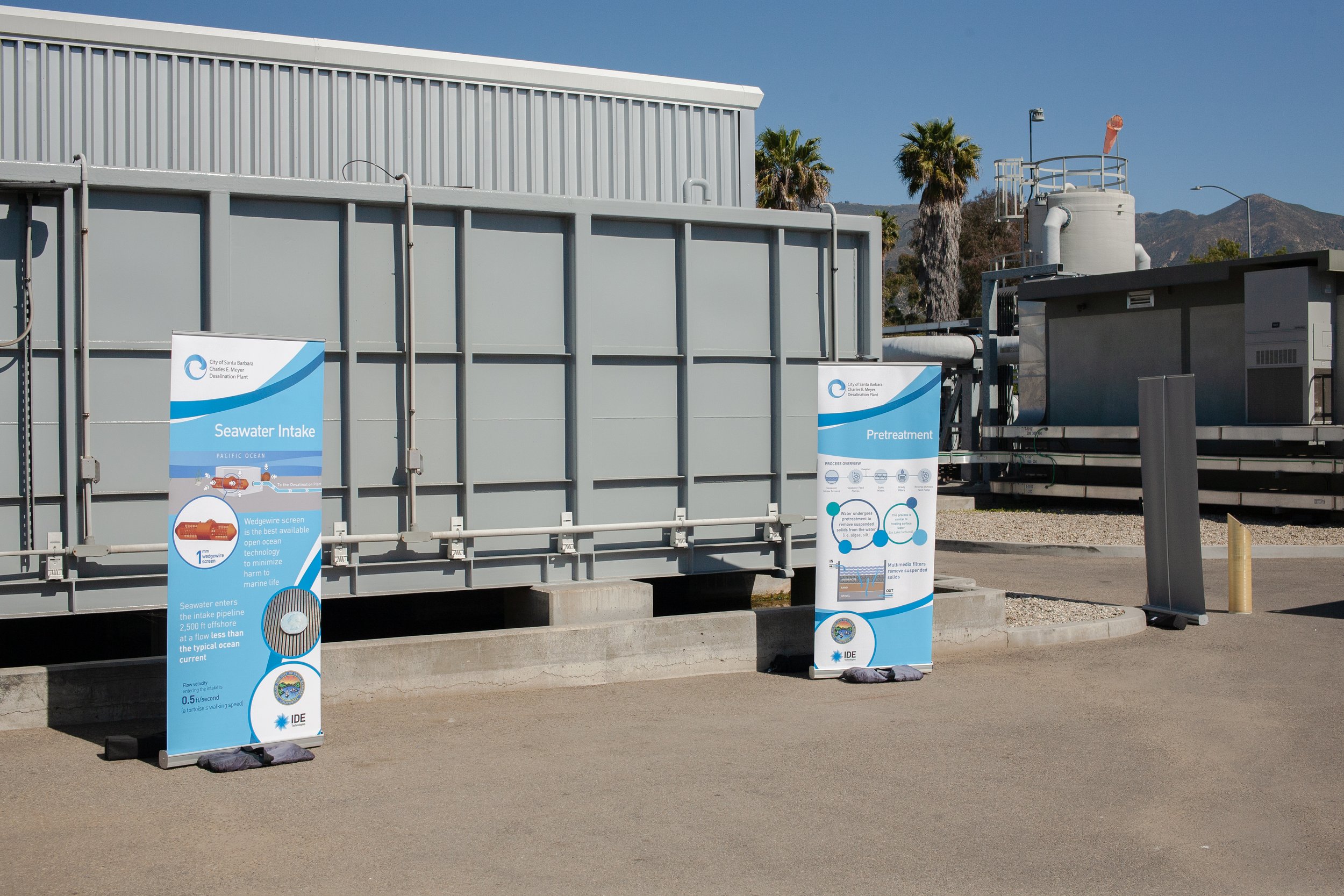
Public Sociology - From Techno-solutionism to Social Equity
If the principles of equity were what guided our thinking, industrial, community dividing, polluting technologies might not be our only option.
Desalination, sometimes also called desalting, desalinization, or more conversationally, “desal,” is the process of producing potable water from the sea. Of course, this is an obviously fascinating idea and would seem to solve innumerable resource scarcity problems. For example, in March of 2016, American television host, engineer, and comedian William Sanford Nye, a.k.a., Bill Nye the Science Guy, said “desalinization could be the key to the future for so many of us humans.”
All of this has occurred amidst discussions of a “Green New Deal”, with the notion au courant in the water sector is “the blue economy.” For example, the European Union’s Blue Economy Report outlines the need for desalination’s proliferation, because it is “poised to provide a solution to this impending crisis,” i.e., climate change (emphasis added). And so, while the wind turbine has now become the symbol of the “green economy,” desalination is becoming a similarly captivating “blue” bastion.
As a sociologist interested in the fervor surrounding new technological innovation, I have been trying to reframe some of the debate around desalination. Isn’t the point that people, in society, need to drink this water?
By way of conclusion, this essay so much an attempt to recapitulate the plethora of findings I uncovered. Nor is it an attempt to outline and enumerate some policy recommendations on desalination. The aim has been much deeper – to strike at the core of the logic, the way we think about water and climate adaptation and to give pause on the structure of thinking surrounding it: that spending inordinate time, resources, and energy on so-called strategic, technological solutions at the expense of a social program cannot be the road forward. We need to see more discussions of social equity in oceans in general, and certainly desalination specifically if we are to combat the still pervasive logic of techno-solutionism and techno-optimism and move toward a more just, respectful, compassionate, and livable future society based on a reasonable use of resources. If the principles of equity were what guided our thinking, industrial, community dividing, polluting technologies might not be our only option.
Read the full essay here: https://oceannexus.org/2023/11/13/ocean-desalination/

